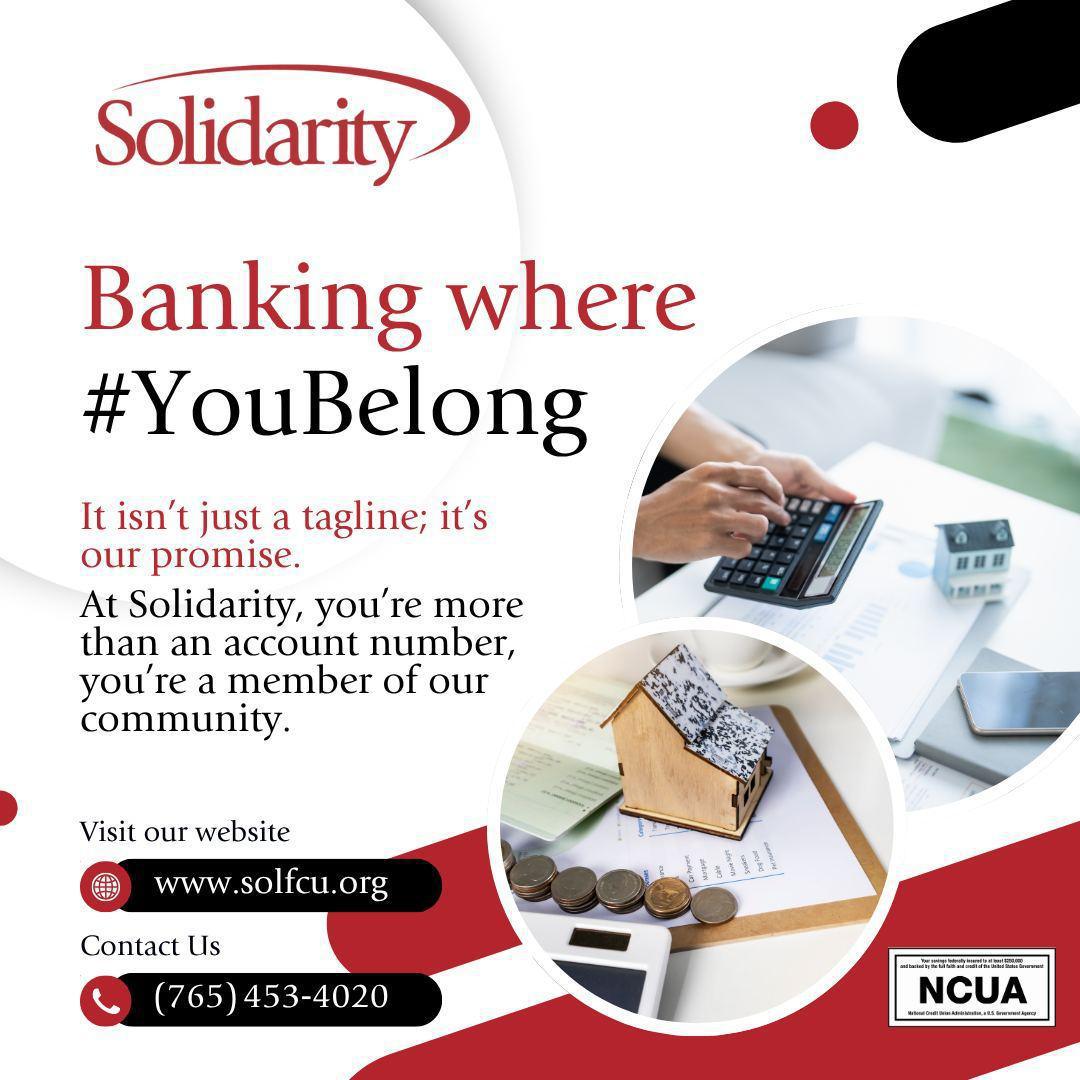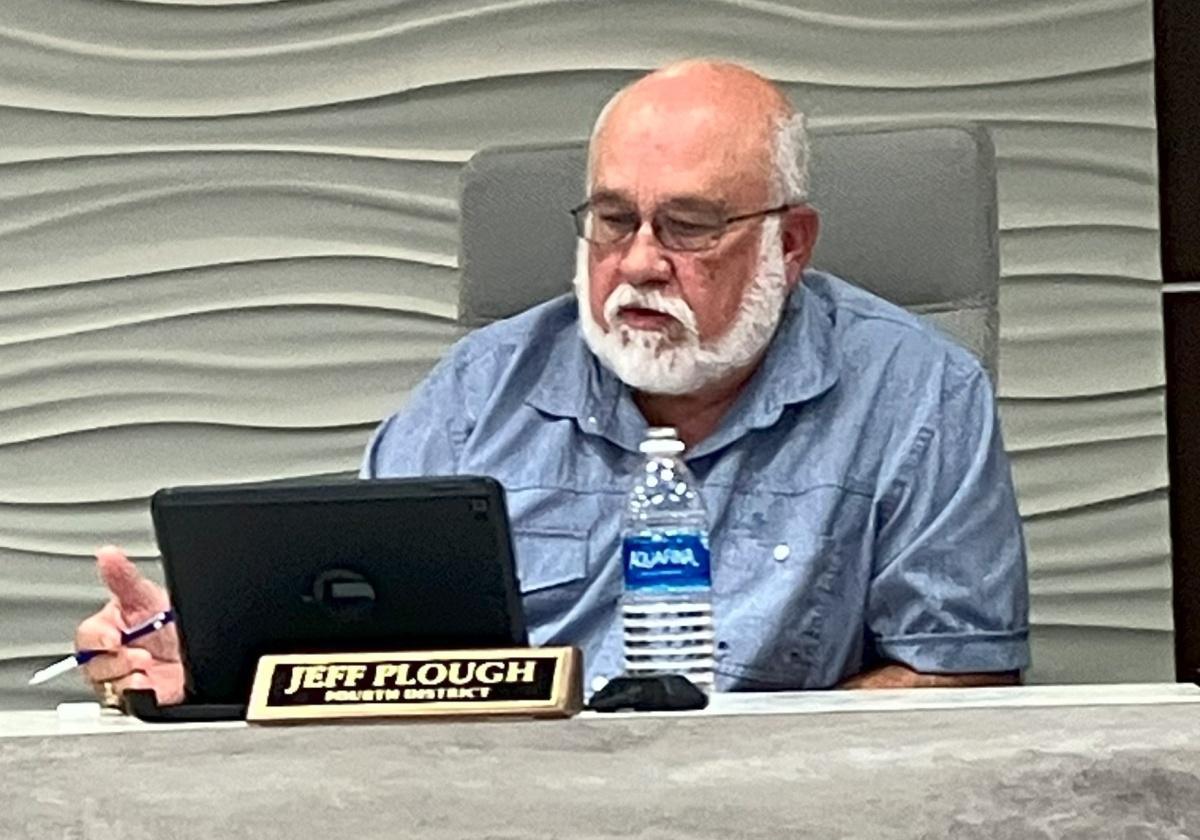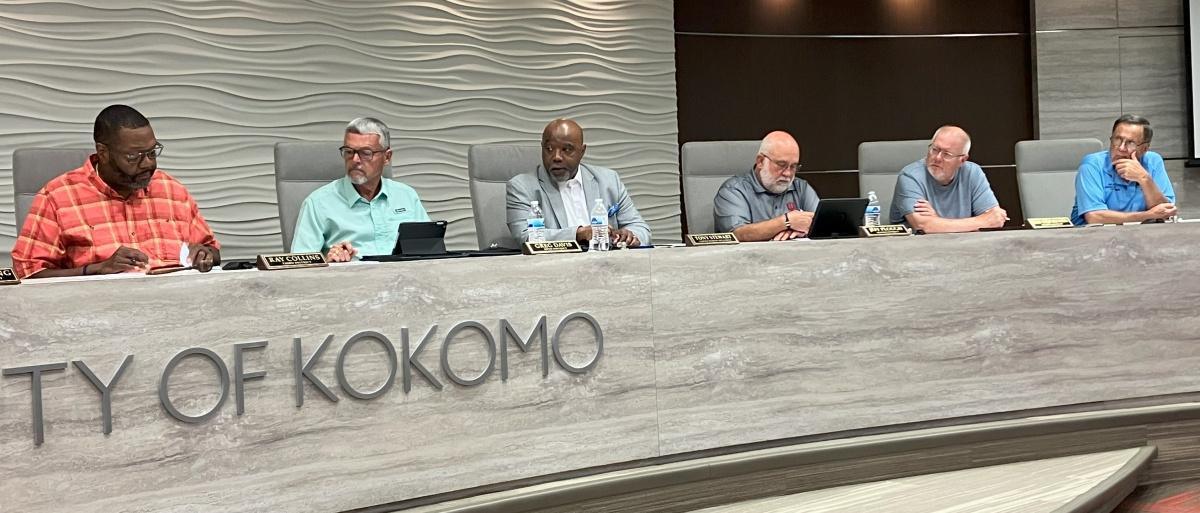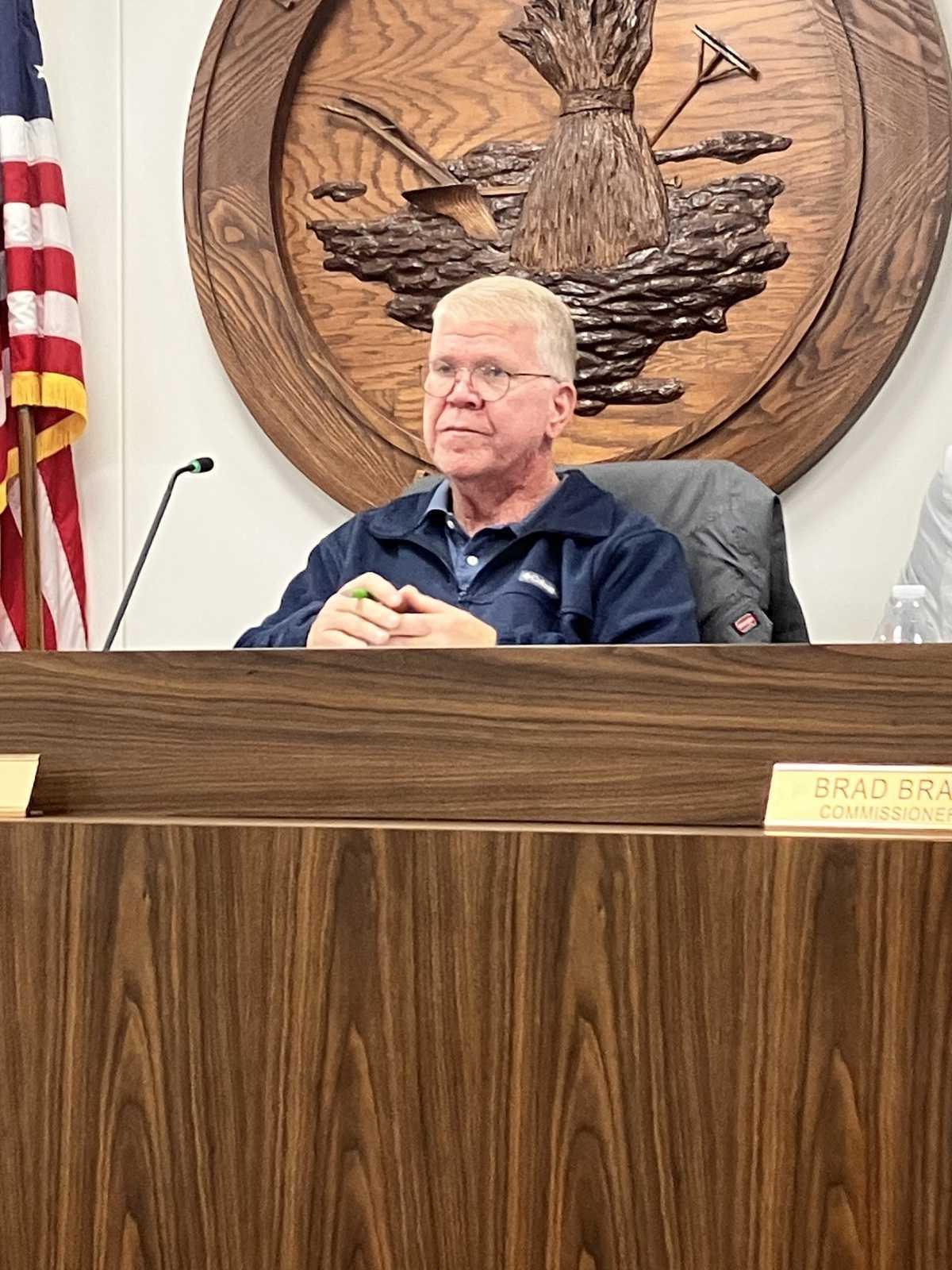City agrees to income tax increase to help fund construction of a new county jail
This article is brought to you by Solidarity Community Federal Credit Union. Banking where #YouBelong isn’t just a tagline; it’s our promise. At Solidarity, you’re more than an account number, you’re a member of our community. From checking and savings to loans and financial education, we’re here to walk beside you. Call us at (765) 453‑4020 or stop by 201 E Southway Blvd., Kokomo, and let’s build your financial future together.
#YouBelong #BuildingFinancialFreedom #YourFinancialPartner
Residents in Kokomo and Howard County should prepare themselves. Another tax increase is coming. This week, the Kokomo Common Council agreed to devote its portion of a public safety income tax to Howard County government for the construction of a new jail.
The new jail has been mandated by a federal court judge, following a lawsuit from the American Civil Liberties Union – an outcome long dreaded by county leaders, but not acted upon until forced to do so. In fact, today’s leaders are living through the proverbial sins of their fathers, as previous county councils and boards of commissioners have declined to act decisively on the jail’s condition for more than 20 years.
A new jail has been debated for decades, with the county converting recreational areas into inmate housing and gradually repurposing the facility to cope with incessant overcrowding. These stop-gap measures were as far as county leaders were willing to go, as the political specter of a tax increase was a strong deterrent to decisive action.
The project, now estimated to cost well over $100 million, will require approximately $200 per taxpayer per year over the next two years, just to get things started. With the city’s resolution to participate, the Howard County Council is expected to take similar action at its meeting on Oct. 28 at 4 p.m. on the third floor of the Howard County Administration Center, 220 N. Main St.
The city council’s public hearing on the matter didn’t go without remonstrance. The hearing opened with an explanation of the tax increase, made by Max Adams, an attorney representing Barnes and Thornburg of Indianapolis. The firm has been hired by Howard County to guide the jail construction and financing process.
Adams explained that each taxing body in Howard County is a part of the Local Income Tax Council, and any increase must be approved by this council. The City of Kokomo is the predominant member of the council, holding 71 of the 100 votes. By agreeing to raise the tax and devote its share to the jail project, the city limited the increase to just 0.4 percent, rather than 1.2 percent, which would have been required had the city kept its share of the revenue.
“These revenues would go towards the Howard County Jail project,” said Adams. “Originally, the county was going to pay for that from a share of property taxes as well as local income tax. The Howard County Council and the Board of Commissioners both adopted separate resolutions in the past couple weeks requesting that the local income tax council vote in favor of the increase.”
A representative from tax consultant Baker Tilly also was on hand to explain the process. Because the city is willing to devote $6.7 million over the next two years, the tax increase doesn’t have to remain in place in the long term. The tax will generate about $10 million over that span, giving the jail project a strong head start.
Municipal bonds will be issued to finance the balance of the project, which will be paid off over time; perhaps as long as 30 years.
Kokomo Common Councilman Jeff Plough (R-5th) confirmed the reason for building the new jail is now something out of local leaders’ control.
“This is about needing to build a new jail that’s basically fueled by the fact of a federal court mandate,” said Plough. “For us to implement this increase would again save us money, because if we do not, then the federal government will step in and build the jail.”
Indeed, the new jail has been mandated by a federal court judge, siding with the American Civil Liberties Union in declaring the county’s current facility to be “overcrowded” and “unsanitary,” according to a press release from the Howard County Board of Commissioners.
The commissioners went on to state that “for nearly two years, under the direction of a jail committee, the county has undertaken careful planning to prepare for this court-mandated project, including working closely with legal and financial experts to ensure the project moves forward in the most fiscally responsible way possible.”
During the city’s public hearing on the tax increase, several citizens came forward. While the need for the new tax was understood by most, the process came under fire, as they felt there was a lack of communication between local government and the people.
“This whole tax thing has just been kept extremely in the dark,” said Hannah Guillaume-Wenger, a remonstrator and political activist. “There’s no transparency. As constituents of Kokomo, we have no idea what’s going on. All of this is being done in the dark, and we are asking for you guys to explain who is at fault for this.
“What are we supposed to do as constituents? Just roll over and take all of these taxes that you were putting on us? What’s the plan here?”
The council stated that the matter wasn’t about finger-pointing, but about problem solving. But Guillaume-Wenger then took issue with the fact that the public hearing on the tax increase was taking place a half-hour earlier than any other hearing ever has.
Council attorney Corbin King acknowledged the unusual meeting time and explained that it was simply a clerical error.
“It was just a mistake in the publication,” said King. “We have to, by law, hold it now at 5:30 p.m. Was I worried that your question was going to come up? Sure, I was. And is your question valid? I’ve never seen us hold the public hearing at 5:30 p.m. But it was just a mistake. It was not to hide anything.”
Former Kokomo Mayor Steve Daily made a trip to the microphone, fresh off an attempt to have him removed from the council chambers two weeks earlier. His criticisms differed significantly, focused upon communication between the city and the county.
“Before you came here to contemplate raising our taxes, have you asked them what they are doing to see to it that over the next 30 years, the building is going to be taken care of and that the inmates within that building are going to be treated better?” asked Daily. “You’re asking us to pay. Have you asked them what they are doing? That’s your job.
“You shouldn’t be here asking us to raise our income tax without getting answers. Our representatives ought to be asking questions of each other. My feeling is that we spend way too much time protecting other elected officials.”
Daily expanded his criticisms beyond the public safety tax increase to include other funding issues that local government now must tackle.
“Senate Bill 1 is going to make us raise the city taxes,” said Daily. “Why is that? Is that your fault? Did you make mistakes in your budgeting? Or was that a governor and a state legislature that made decisions regardless of what the impact was on the general population?
“I never hear you say a word about that. You don’t name anybody. (State Rep.) Mike Karickhoff, who’s in leadership down at the state legislature, his name never comes up. Mike had to have participated in some of the decisions made in supporting Senate Bill 1.
“My point is this. You guys can take the hit, and the hit will come. Or you can point out the people who are responsible for causing these financial problems in our community and in our county.”
Howard County Councilman Darrell Maple addressed the city council as well, offering his thanks for the city’s cooperation and trying to explain the county’s position. He explained that the county first looked at expanding the existing facility before discovering that the cost would be more than $100 million. That price prompted the push for a new facility.
“The county has made big changes to the jail,” said Maple. “We have hired more staff. We have implemented safety protocols to make it better if we can. There’s only so much that we can do.
“We were stuck between a rock and a hard place. So that’s why we have decided to proceed with this route. We have to have a revenue stream in order to bond the jail. This is not an easy prospect for us. We were put under a federal mandate from a judge and a lawsuit that said we have to build this jail.”
The public hearing closed after these comments, and in the city council’s regular meeting, it passed the resolution to raise the local income tax unanimously.
In the county’s press release, Commissioner Jack Dodd gave thanks to the city for its cooperation.
“From day one, our focus has been on doing this the right way: openly, responsibly, and with respect for the taxpayers we serve,” said Dodd. “I want to thank the City of Kokomo for their partnership, which reflects a shared commitment to public safety and good government. With their support, the county is able to take a thoughtful, fiscally responsible approach to meet the needs of our community and fulfill the requirements of our federal settlement agreement.”





